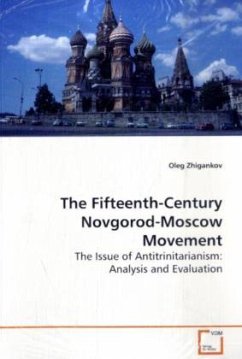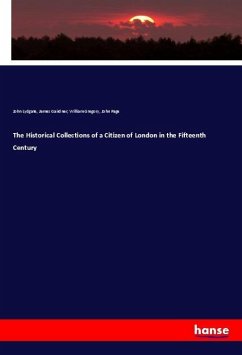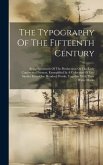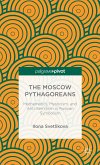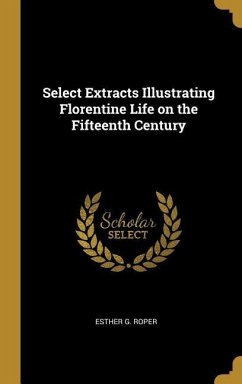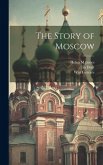This study attempts to examine the trinitarian
beliefs of the fifteenth-century Novgorod-Moscow
movement, analyzing both their own writings and the
polemical writings of those who considered their
teaching antitrinitarian. The main objective of the
present research is to contribute to the restoration
of the authentic theological identity of this movement.
The book surveys the historical background of the
Novgorod-Moscow movement and briefly analyzes the
religious, political, and cultural context of
fifteenth-century Russia. It demonstrates that the
struggle surrounding this movement was motivated not
only theologically, but also politically and
culturally. It analyzes the polemical documents,
giving priority to the primary sources contemporary
to the Novgorod-Moscow movement.
The writings of the Subbotniks in general represent
the trends common for European reform movements of
the late fifteenth and early sixteenth centuries.
The study of the Subbotniks' literature shows that
the antitrinitarian character of this movement cannot
be confirmed by the writings of the Subbotniks
themselves.
beliefs of the fifteenth-century Novgorod-Moscow
movement, analyzing both their own writings and the
polemical writings of those who considered their
teaching antitrinitarian. The main objective of the
present research is to contribute to the restoration
of the authentic theological identity of this movement.
The book surveys the historical background of the
Novgorod-Moscow movement and briefly analyzes the
religious, political, and cultural context of
fifteenth-century Russia. It demonstrates that the
struggle surrounding this movement was motivated not
only theologically, but also politically and
culturally. It analyzes the polemical documents,
giving priority to the primary sources contemporary
to the Novgorod-Moscow movement.
The writings of the Subbotniks in general represent
the trends common for European reform movements of
the late fifteenth and early sixteenth centuries.
The study of the Subbotniks' literature shows that
the antitrinitarian character of this movement cannot
be confirmed by the writings of the Subbotniks
themselves.

